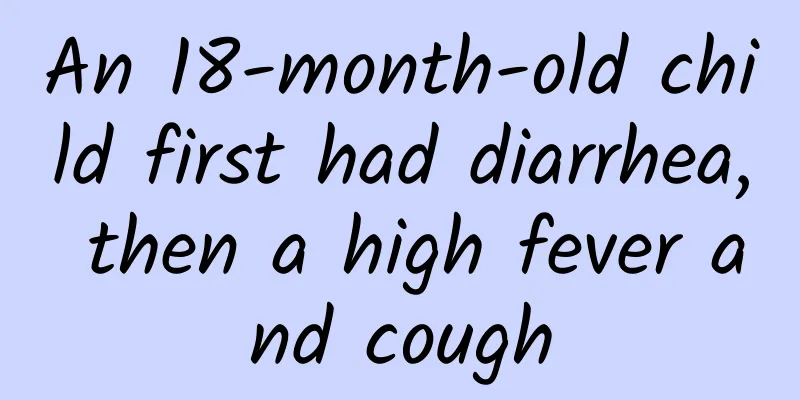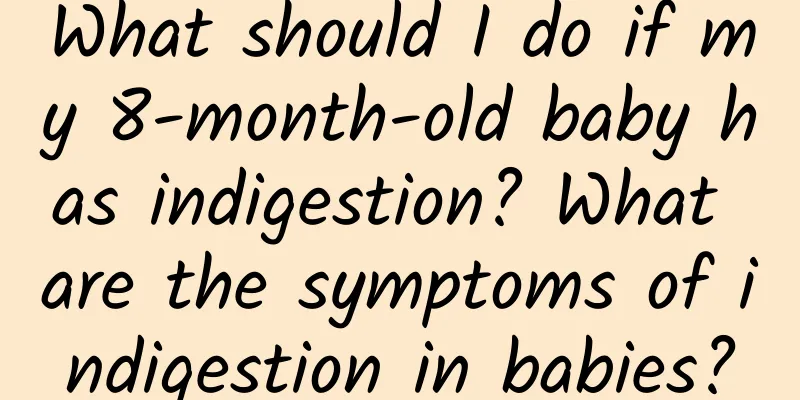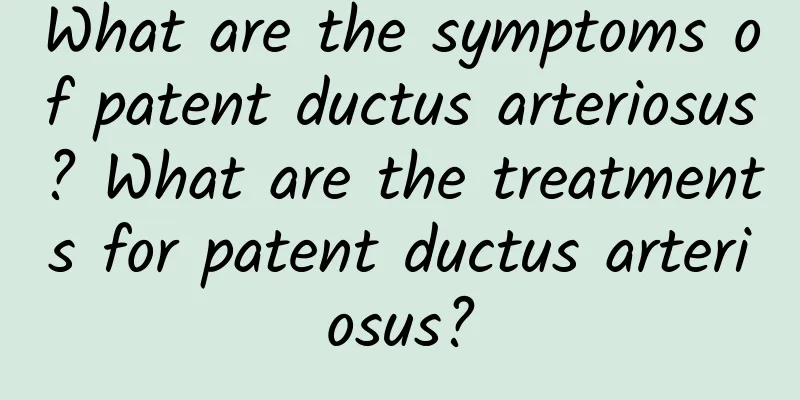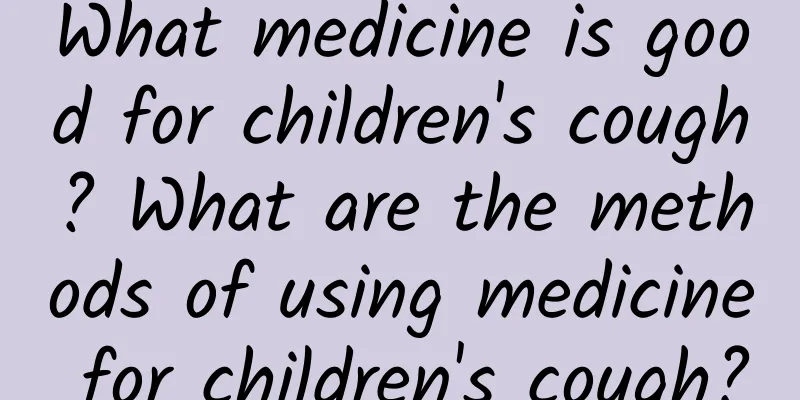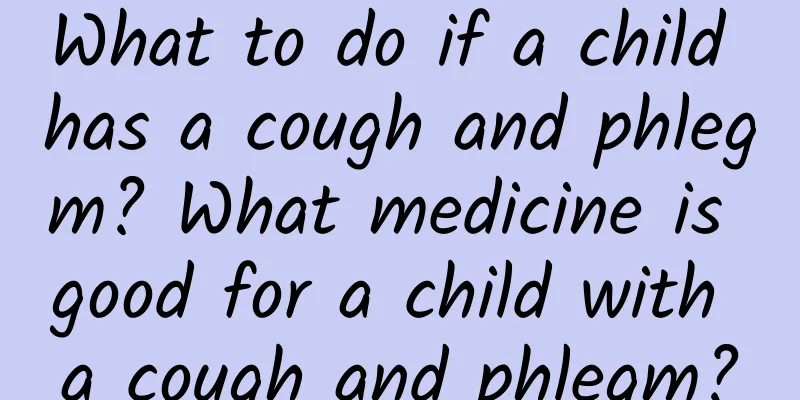How to effectively prevent pneumonia and how to properly care for children with pneumonia?
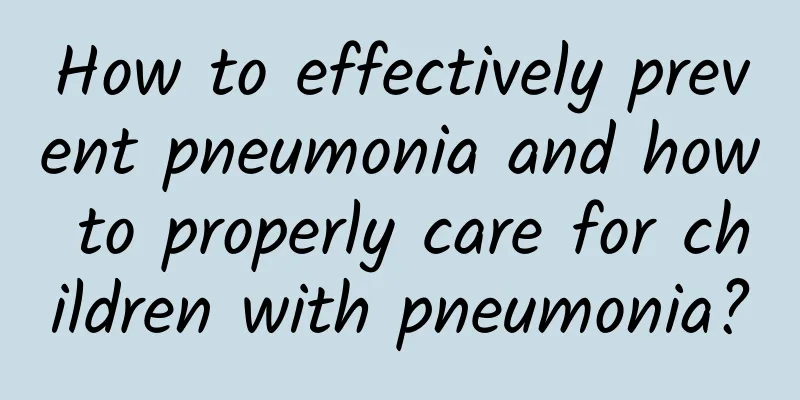
|
The main symptoms of pneumonia include fever, cough, and difficulty breathing. When these symptoms appear, some parents simply use common cold treatment methods and delay the disease. So how should children with pneumonia be properly cared for? First, take a rest After the baby gets pneumonia, he must stay in bed and rest, and keep the room quiet and well ventilated. In winter, because the air is relatively dry, the heating in the room may aggravate the baby's condition. It is best to install a humidifier in the room to increase the indoor air humidity and facilitate the discharge of sputum. Second, strengthen nutrition The baby's diet during illness must be properly matched. You must pay attention to supplementing protein, eat more vegetables and fruits, and mainly eat light, easy-to-digest, liquid and semi-liquid food during fever. Let the baby drink more water and juice to replenish water and vitamins. Note that when feeding the baby food or medicine, you should hold the baby up to avoid pouring it directly into the baby's mouth. When feeding, you must pay attention to prevent choking and prevent accidental inhalation of milk into the lungs. It is best to use a small spoon to feed slowly. Don't feed too much at a time, feed more times to prevent vomiting. Third, keep the airway open Clear the secretions in the nasal cavity in time to keep the respiratory tract unobstructed. Pay attention to changing the baby's position frequently. When the baby coughs, be sure to pat the baby's back to loosen the sputum and facilitate coughing up the sputum. If the sputum is particularly viscous, it should be treated with nebulization inhalation, mainly to make the sputum thinner. If the baby is too young to cough up the sputum, the sputum should be sucked out with a special suction tube for babies. Fourth, adhere to treatment The baby should take medicine or receive intravenous infusion treatment on time according to the doctor's advice. Parents should not reduce or increase the dosage at will, and should not give the baby adult cough and expectorant medicine to avoid repeated attacks of the disease or various adverse reactions caused by improper use of medicine. When the baby has phlegm, it is best not to give the baby cough medicine, and the expectorant should be the main focus. Fifth, fever care If the baby's fever exceeds 39℃, you can use physical cooling methods to reduce the temperature first, or give antipyretics at the same time. When the baby has a fever, wear loose clothes for the baby, do not cover the baby with too thick a quilt, and reduce the clothes appropriately to facilitate heat dissipation. Wipe the baby's clothes regularly and keep them dry. After taking antipyretics, be sure to give the baby plenty of water to facilitate sweating, reduce fever and replenish lost water in the body. The incidence of pediatric pneumonia is also high in children, so parents should take active measures to prevent it for their children: Babies should have as little contact with the outside world as possible to avoid cross infection. Family members with colds or other respiratory infections should be isolated from babies as much as possible. Be careful when feeding to avoid choking, spilling milk and vomiting, and prevent milk, food and vomit from being accidentally inhaled into the lungs. According to the age and physical development of children, necessary and sufficient nutrition should be given, and complementary foods such as vegetables, soy products, meat, eggs, etc. should be added in a timely and reasonable manner. Rickets should be actively prevented and treated, because rickets is closely related to the occurrence and degree of pneumonia and the effect of treatment. Go outdoors more often, exercise, practice adaptability to cold climates, get more sunshine, keep indoor air fresh, and prevent colds and flu. Various vaccinations should be done to enhance the immune function of the respiratory system against pathogens. After contracting pneumonia, timely treatment is essential. Although pneumonia threatens children's health and life, it can be avoided as long as active prevention is taken. After the onset of pneumonia, it is entirely possible to recover quickly and fully recover under the guidance of a doctor or in hospital. Parents should note: 1. When a child becomes ill, he or she should be taken to the hospital for examination immediately and given appropriate medication after diagnosis by a doctor to prevent misdiagnosis and unreasonable medication. 2. In winter, try not to take children to public places or crowded places. The room should be ventilated frequently to keep the air fresh. 3. Children should exercise regularly to improve their physical fitness. 4. Children's diet should be properly balanced, pay attention to protein supplementation, and eat more vegetables, fruits and other foods rich in vitamins. 5. Children who are prone to repeated pneumonia infections should be vaccinated against pneumonia before the arrival of winter. |
Recommend
What should I do if I am deficient in trehalase? What tests are needed for trehalase deficiency?
Infants may have sucrase and isomaltase deficienc...
What are the types of pneumonia in children?
Traditional Chinese medicine believes that pediat...
Four major hazards of phenylketonuria to the human body
Phenylketonuria is a disease that is very harmful...
How to effectively care for children with pneumonia? Two obvious characteristics of children with pneumonia
Infants and young children are prone to respirato...
What causes diarrhea in children?
Many parents have a question: they take good care...
What causes hernia in children?
Pediatric hernia is a common pediatric surgical d...
What changes will the baby's jaundice index have at two months?
Baby jaundice index at 60 days Physiological jaun...
What are the symptoms of mumps?
What are the symptoms of mumps? Mumps is generall...
What are the dangers of neonatal jaundice
The harm of neonatal jaundice is generally caused...
What to eat to increase breast milk? What are the ways to increase breast milk?
Most women will selflessly choose breastfeeding t...
Indications and correct use of children's paracetamol and yellow namin granules
The instructions for medicines are very important...
What are the symptoms of polio?
In life, many children will show symptoms of poli...
What are the treatments for polio?
When a child is diagnosed with polio, it is very ...
How to treat neonatal jaundice? Try these 4 treatments for neonatal jaundice
We all know that it is difficult for babies to gr...
What are the symptoms of ADHD?
ADHD, also known as attention deficit hyperactivi...
